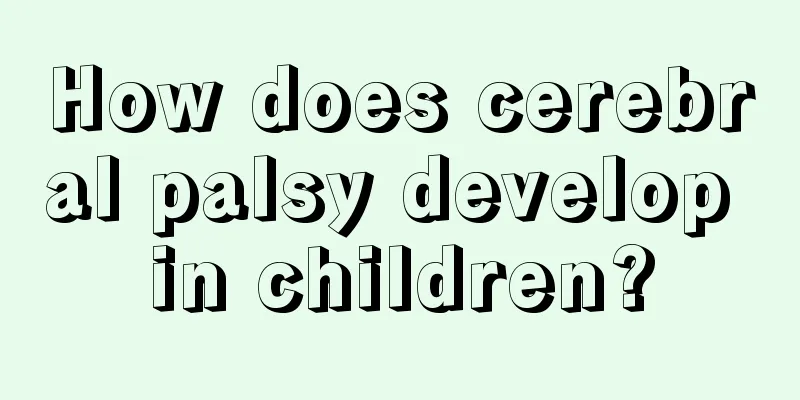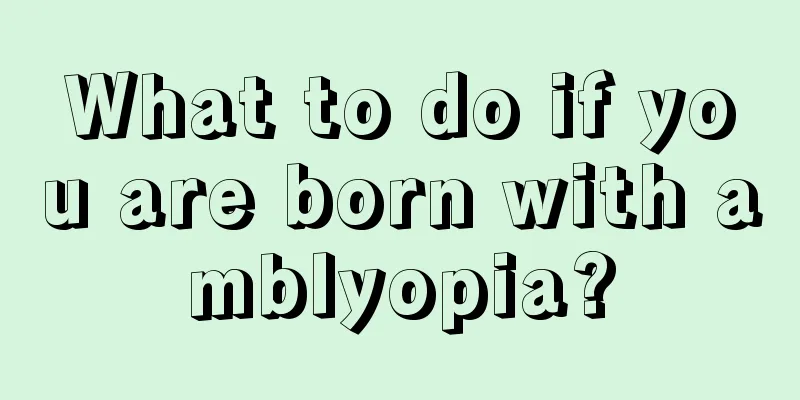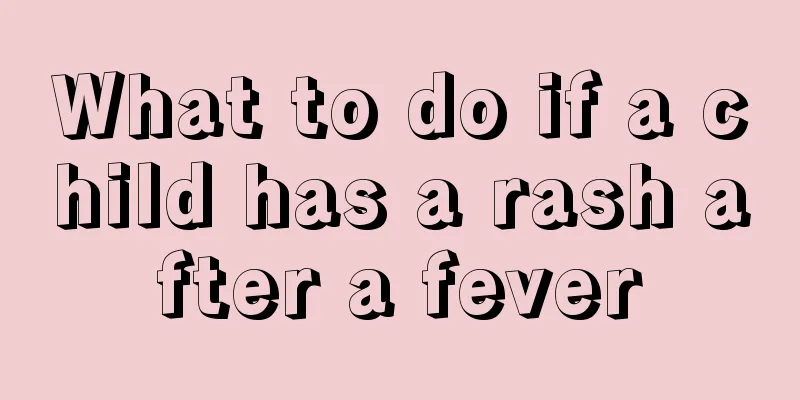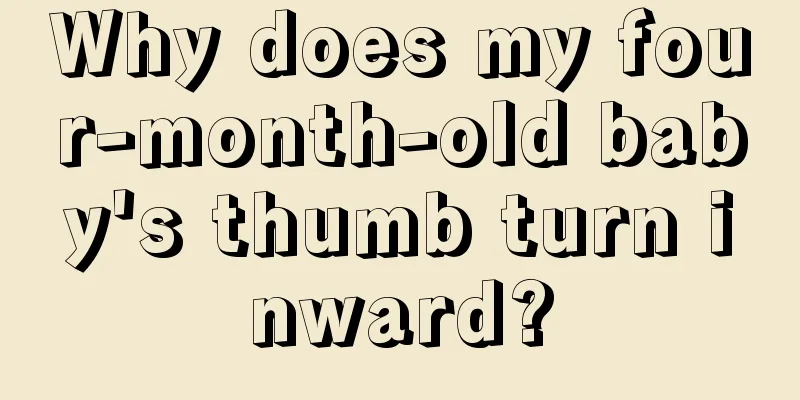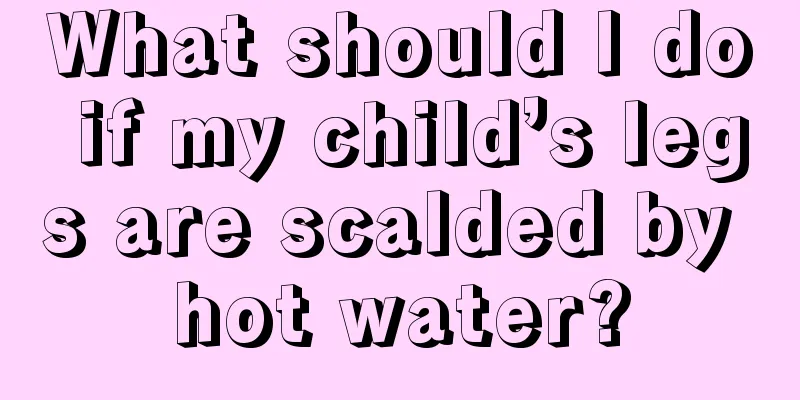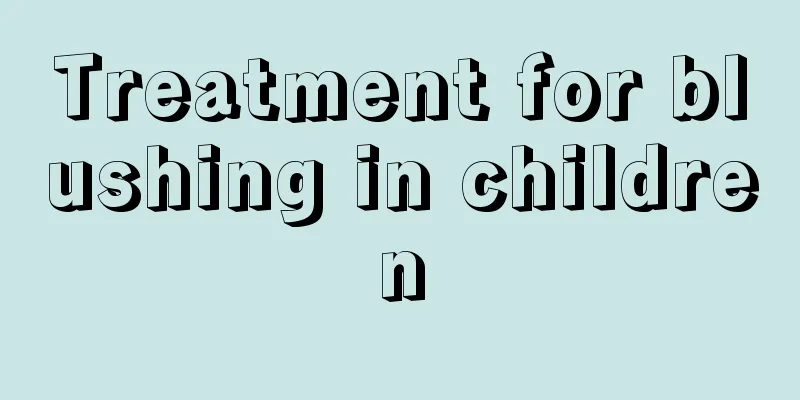Symptoms and treatment of myositis in children
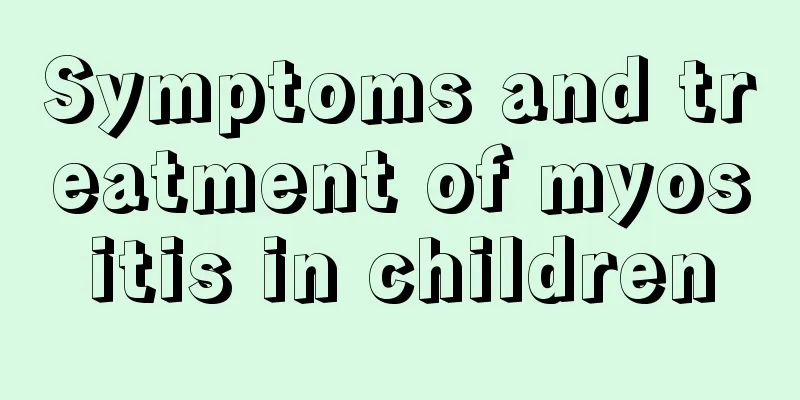
|
Juvenile myositis refers to a disease that children suffer after being infected with influenza for the first time. Patients with juvenile myositis generally experience muscle pain and inability to exert normal force. Because children's physical constitution is relatively poor and their immunity is low, the use of medications should be minimized and physical methods should be used instead for treatment. If myositis in children is not treated in time, the children's activities will be greatly affected. So, what are the symptoms and treatment of myositis in children? Pediatric myositis is generally only seen in cases of first-time influenza virus infection, and re-infection with the same type of influenza virus will not cause corresponding symptoms. Therefore, post-cold myositis often occurs mainly in children and is relatively rare in adults. Myositis rarely recurs after recovery from a cold. Even if it recurs, it is often caused by different types of influenza virus infection. Symptoms and treatment of myositis in children 1 The mechanism of post-influenza myositis caused by influenza virus is currently believed to be related to the infiltration of inflammatory cells in the myofasciitis caused by the initial infection with the virus. Once immune defenses are developed in the body, the inflammation will gradually be cleared and similar symptoms will no longer occur. Therefore, post-cold myositis is generally only seen in cases of first-time influenza virus infection, and re-infection with the same type of influenza virus will not cause corresponding symptoms. Therefore, post-cold myositis often occurs mainly in children and is relatively rare in adults. Myositis rarely recurs after recovery from a cold. Even if it recurs, it is often caused by different types of influenza virus infection. 2 The characteristics of post-cold myositis are: muscle pain symptoms usually appear 24-48 hours after influenza or cold, and rarely occur during the recovery period of influenza or cold. The muscle pain symptoms are mainly in the gastrocnemius muscles of the calves and are symmetrical. Pain occurs in both calf muscles. In some cases, the pain may spread to the thigh muscles and other parts. In addition to muscle pain and tenderness, there is also local muscle swelling, muscle weakness and lameness, which makes parents and children nervous. 3 The diagnosis of post-cold myositis is based on medical history and pain, tenderness and weakness of the gastrocnemius muscle, as well as muscle enzyme, serological tests and electromyography tests if conditions permit. Once the diagnosis is confirmed, there is no need to be nervous. Usually no special treatment is required. Just rest and drink plenty of water. If the muscle pain is significant, you can take appropriate amounts of non-steroidal anti-inflammatory drugs such as ibuprofen, indomethacin, etc. for symptomatic treatment to relieve the symptoms. The myalgia symptoms can be relieved on their own in about a week. Precautions 1. Be careful to avoid trauma. 2. Pay attention to prevent infection after injury. 3. Disinfection should be done before intramuscular injection. 4. Be cautious when injecting irritating drugs. |
<<: White spots in the child's eyes
>>: Symptoms of a baby swallowing a coin
Recommend
What to do if children have hemorrhoids
Although hemorrhoids are more common among adults...
What causes goose bumps on children?
Children's skin is very delicate, usually smo...
The child suddenly has a lot of eye mucus
Every child is a treasure in the eyes of his or h...
What are the symptoms of a baby with high fever and convulsions?
It is inevitable for babies to develop diseases d...
What to do if your baby's tongue is black
We all know that if a baby is healthy, the normal...
What is the normal value of TSH for newborns?
Neonatal TSH refers to whether the baby's thy...
100-day-old baby development indicators
I don’t know if you are aware of the developmenta...
What anti-inflammatory medicine should children take for toothache?
Sweets are the favorite of many children. Since m...
How to identify cerebral palsy in premature infants
Cerebral palsy is a highly chronic brain disease ...
Treatment of intestinal gas in children
Children are more likely to be infected with bact...
What should I do if my five-year-old child has a hunchback?
How to correct children's hunchback has becom...
Why do babies fart but not poop?
Many times babies will have many problems with th...
What to do if your child has blood in his stool
If a child has blood in the stool, parents will b...
What is the best medicine for anal fissure in children?
In real life, anal fissure is a very common disea...
What to do if you have cerebral palsy and drool
Drooling is a relatively common symptom of cerebr...
